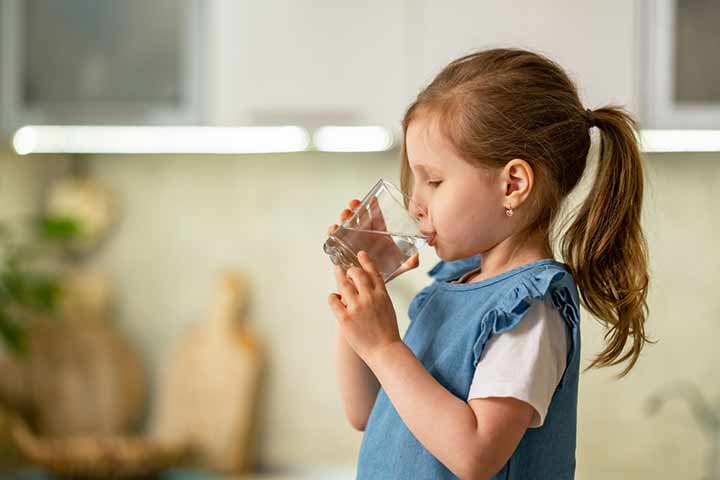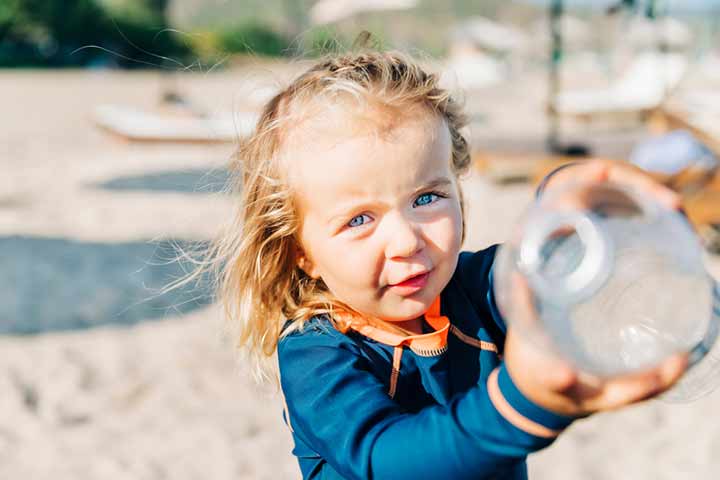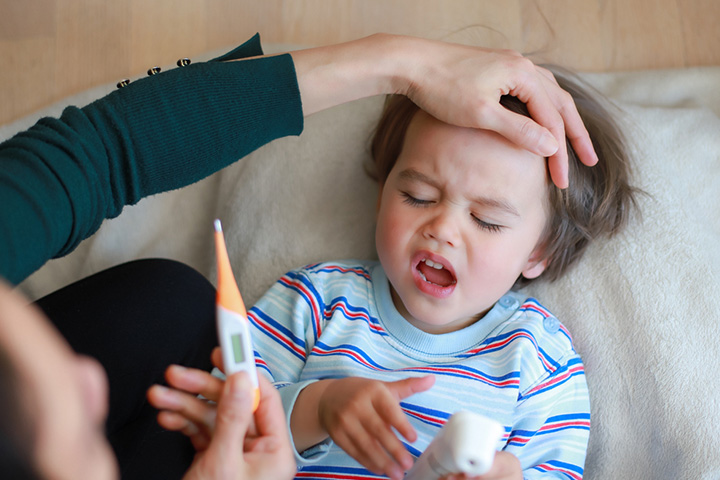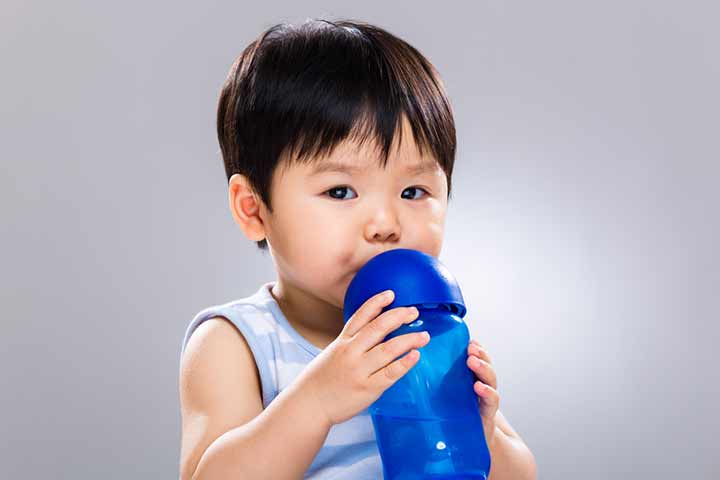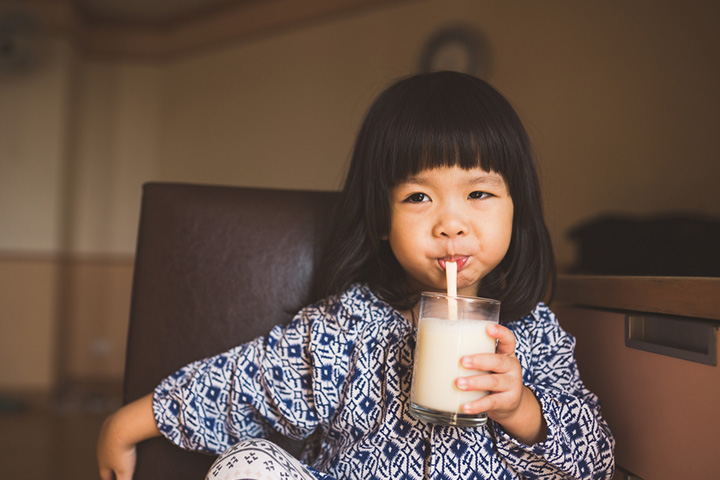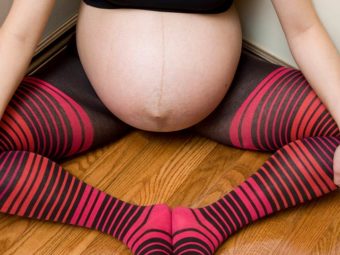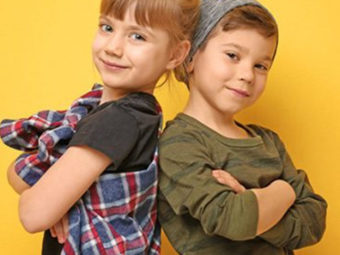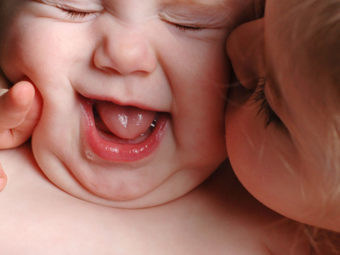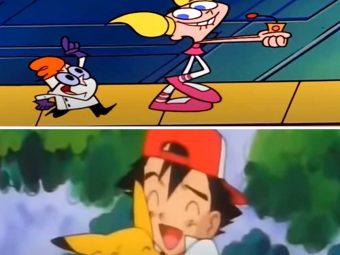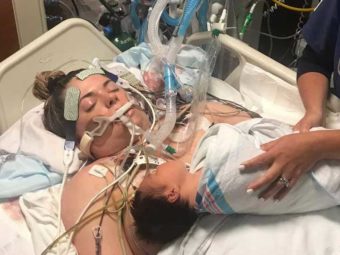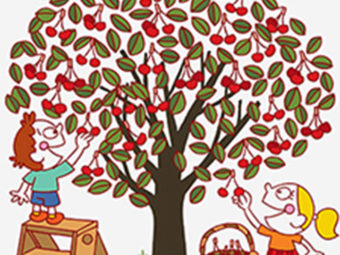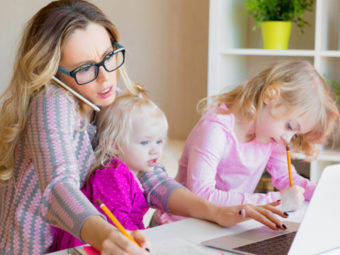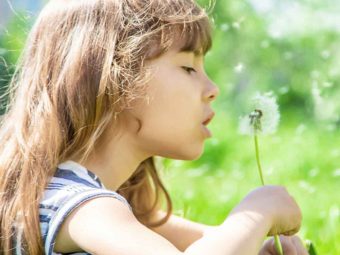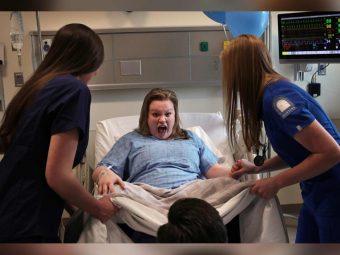
Image: Shutterstock
After you’ve embraced parenthood, your primary goal becomes to keep your baby safe, whether that is from internal or external causes. You babyproof your home to keep them safe when they start crawling; you switch to non-hazardous objects and make sure they play with safe toys. With the number of chemicals and pesticides being added to food these days, even the food you give your kids must be carefully administered. Another possible cause for concern is the amount of water intake your child has throughout the day.
Parents often do not give their kids a lot of water, especially when they are heading out, because they are scared about finding a restroom for their children. But what’s worse than not finding a restroom for your child is dehydration! Scroll below to find out the possible signs of dehydration and what you can do to prevent it:
Dehydration: Meaning And Causes
Image: Shutterstock
Most of us believe that dehydration is a result of not drinking enough water. But there’s more to it. We all lose water in the form of sweat, urine, tears, and stools. That is normal. However, dehydration is caused by the loss of water and salts in large amounts. It can occur because of vomiting, diarrhea, or excessive sweating. Fever and certain illnesses that prevent you from consuming liquids can also lead to dehydration. Dehydration can be dangerous for babies and young children. Losing fluids rapidly can cause severe illness, and your child might need to be hospitalized.
Signs And Symptoms
Image: Shutterstock
Dehydration is more than your child saying that they are thirsty and want water. If you understand the signs and symptoms of dehydration, it becomes easier for you to catch it early and treat your toddler before things go south. So here are a few signs that point to dehydration in toddlers:
- Dry or cracked lips
- Urinating less frequently
- Sunken eyes
- Reduced activity
- Little or no tears when crying
- Dry or sticky mouth
- Lethargy
- Rapid heart rate
- Sleepiness
- Fast breathing
Look out for these telltale signs in your toddler because they will not be able to explicitly tell you what’s causing them discomfort.
In case of severe dehydration, watch out for:
- Parched throat and tongue
- Tired and all-round dark eyes
- Acute fluctuation in blood pressure
- Increased heartbeat, hyper than usual
- Breathlessness and difficulty in breathing
- Dark urine emission
- Inability to sweat
- Wrinkly skin
- Feeling dizzy always
This is the stage where you seek immediate medical assistance for your child. It might seem like something that s/he can get over by resting or drinking liquids, but it might lead to severe issues if neglected and not treated as an emergency.
More Serious Issues: Dehydration Due To Malnutrition And Diarrhea
Image: Shutterstock
A research study has found that children who are deprived of proper sanitization and food, might experience fatal conditions due to acute diarrhea, followed by dehydration. The lack of adequate nutrition usually leads to malnutrition followed by other impairments. This is mostly the case in under-developed areas which are economically struggling. This study was conducted for children under 5 who were from Bangladesh (1). Dehydration caused by these severe conditions can accelerate weakness and slow death. If dehydration is neglected it might lead to many complications like kidney failure, fainting, cramps or sometimes coma. However, unless you are starving your kid, which is next to impossible of course, there is no way your kid will be affected by this. Having said that, children are bound to be affected with diarrhea at times due to digestive issues. So don’t freak out about them being affected by dehydration. It only occurs if it is a serious issue.
How To Treat Your Dehydrated Toddler
Image: Shutterstock
The goal to treat dehydration is replenishing the fluids in your toddler’s body. Therefore, if you catch the signs of dehydration early, the best way to help them recover is by giving them water. Plain water works best. Also, ensure that your child rests in a cool and shaded area until they feel better and the fluid loss has been replaced.
For mild to moderate dehydration that might be caused by vomiting and diarrhea, you can try some home remedies. The best way to treat a dehydrated toddler is by rehydration. Oral rehydration solution (ORS) is easily available in all grocery and medical stores. It has the right combination of sugar and salt to enable hydration. ORS can be given over 3-4 hours, and your child should start to show signs of improvement. If your child doesn’t show signs of improvement or the dehydration seems to worsen, call your pediatrician right away or take them to the nearest emergency room.
What You Shouldn’t Do
Image: Shutterstock
You might think that any form of liquid may help your child replenish the loss of fluids. But certain beverages will adversely affect your dehydrated toddler. Do not give your toddler soda, ginger ale, carbonated water, sugary drinks, tea, or fruit juice. You must also steer clear of gelatin desserts or chicken broth. These substances can increase the risk of severe dehydration and put your child in danger.
Prevention:
Image: Shutterstock
When kids develop a fever, they tend to refuse any kind of drink or food. This also leads to dehydration. Make sure to help them consume liquids in moderation and don’t neglect water. It is recommended to drink more than usual. Children love a good play session and usually overexert themselves without realizing it. Train them to consume their fluids both before and after they play with their friends. This applies especially to children living in hot summers. If you think your child has low immunity, do pay extra attention to this factor.
While dehydration is not something you should worry too much about, keep an eye out for signs of severe symptoms. It could be fatal only if neglected too much. However, most of all, ensure that your little one is consuming enough water and keeping themselves hydrated to avoid such mishaps. Replace their cravings for soda drinks with fresh fruit juices for starters. Have you noticed signs of dehydration in your toddler? Comment below and let us know how you dealt with it!
References
- The Effects of Malnutrition and Diarrhea Type on the Accuracy of Clinical Signs of Dehydration in Children under Five: A Prospective Cohort Study in Bangladesh.
https://www.ncbi.nlm.nih.gov/pmc/articles/PMC5817771/

